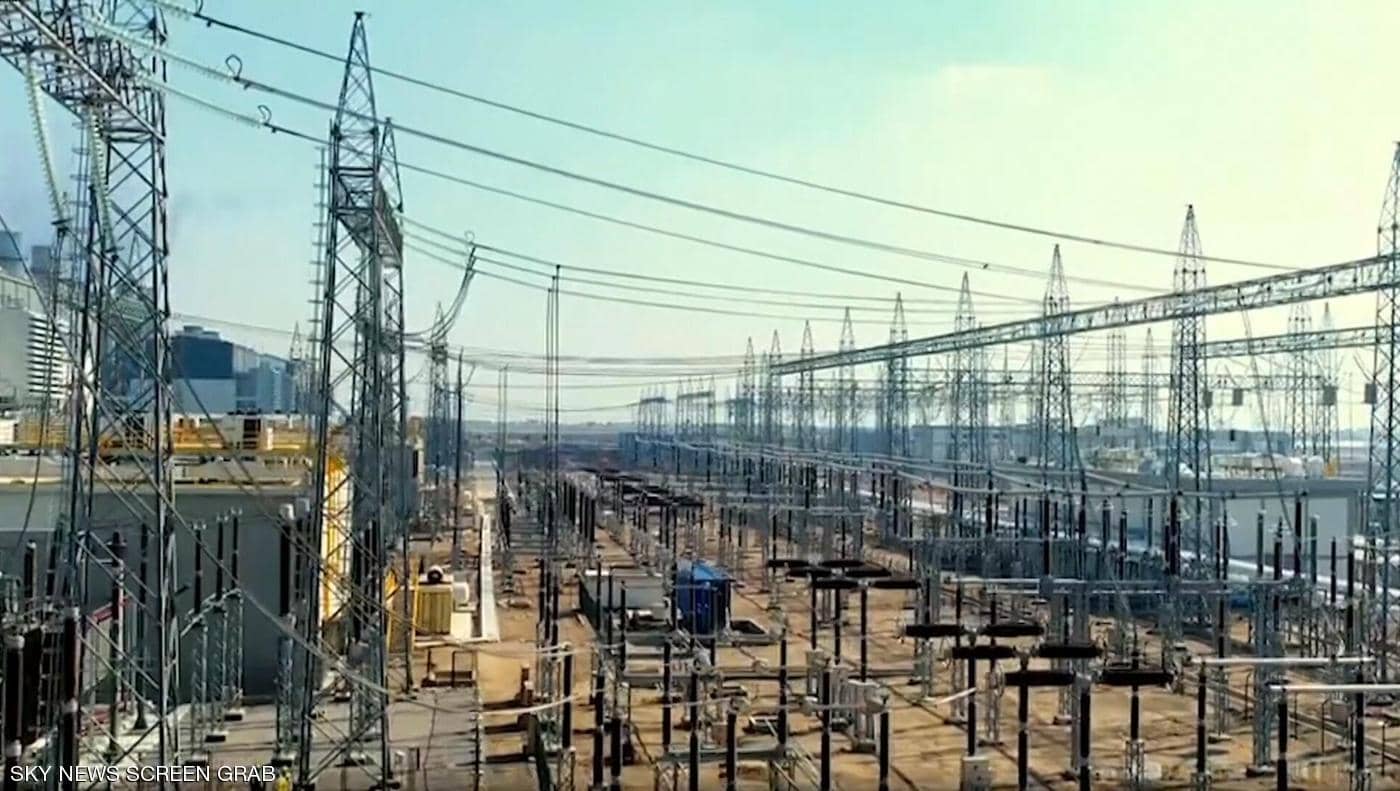Lebanon has been witnessing multiple crises, most prominently the financial and banking crisis, which cast a negative shadow on the power sector and exacerbated the economic crisis.
The announcement of the closure of the Zahrani station, one of four main power stations in Lebanon, adds to the crises the Lebanese are suffering since the state has been unable to provide its citizens with basic services.
In addition to the collapse of the financial and the banking sector and the high prices, the country is witnessing a political crisis that hinders the formation of a new government.
The Lebanese Parliament announced approving a loan of $200 million for the fuel imports needed to generate electricity.
The Minister of Energy in the caretaker government, Raymond Ghajar, had confirmed that the funds for imports of the sector will not be available starting from next April.
Last month, Ghajar called the caretaker government to approve an emergency loan to Electricité du Liban (EDL), of $950 million.
The Lebanese Electricity Company was affected after the EDL announced that there had been a delay in embarking a shipment of fuel that arrived in the country due to problems related to the method of testing the material.
Lebanese power sector was also affected by the crisis of the stranded ship in the Suez Canal, and the suspension of shipping traffic, which led to the disruption of the arrival of another fuel shipment.
In turn, oil and gas economics expert Fadi Jawad said that the loan is not enough to finance the electricity sector in the long run, as the required amount for this is $950 million. However, he said the balance of the Central Bank for all needs is $1.8 billion.
Fadi Jawad predicted that Lebanon is heading towards “darkness”, as the operating power stations might stop one by one due to the insufficient value of the loan.
Jawad indicated that the value of the approved amount will be distributed to all stations, not just to Al-Zahrani station, which covers south Lebanon, despite its great need.
He also said the renewal of the partnership contract with oil company Sonatrach for a future period, under the pretext that there are no substitute, indicates that the government is not looking for a credible and transparent alternative.
Jawad said the shipments expected to enter the Suez Canal “will not be enough” because Lebanon needs a regular and continuous flow of quantities.
The Lebanese government did not stand by its duty to prevent the country from reaching darkness, as Lebanon needs to conclude new agreements as soon as possible, whether with the State of Kuwait or international companies, Jawad said.
The electricity sector had cost about $40 billion, through deals that the Lebanese government undertook for maintenance work for this sector, instead of spending this amount on building new and modern stations.
Keep reading: World Bank Threatens To Cut Lebanon’s Vaccine Aid Over Violations























































